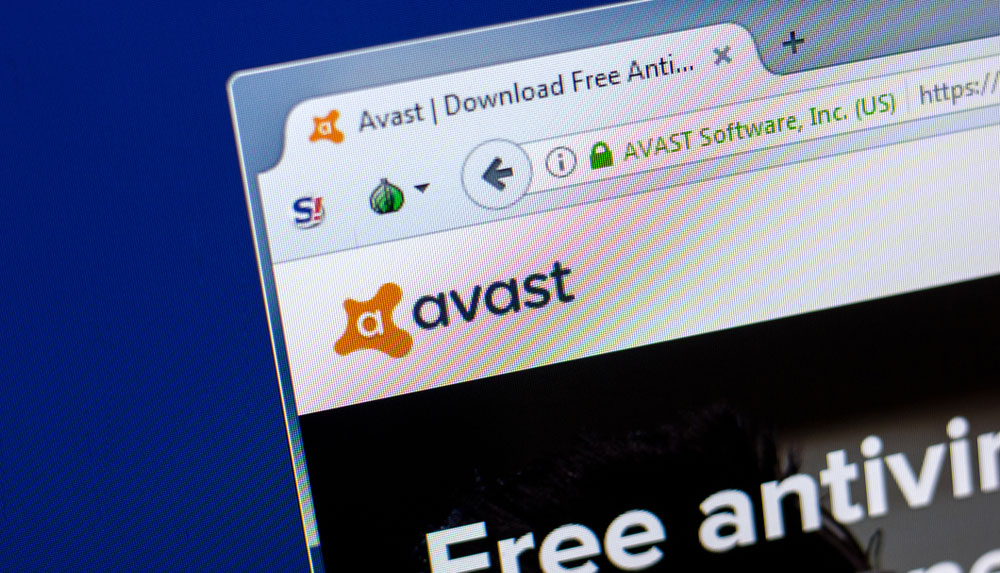It's official: Avast will no longer share your data with advertisers
Antivirus maker ends longtime practice due to outrage

Following reports earlier this week that detailed how free-antivirus maker Avast and its subsidiary AVG shared user browsing data with third parties through another subsidiary, Jumpshot, Avast said it would end the practice.
"Avast's core mission is to keep people around the world safe and secure, and I realize the recent news about Jumpshot has hurt the feelings of many of you, and rightfully raised a number of questions -- including the fundamental question of trust," Avast CEO Ondrej Vlcek wrote in a company blog posting yesterday (Jan. 29).
"For these reasons, I -- together with our board of directors - have decided to terminate the Jumpshot data collection and wind down Jumpshot's operations, with immediate effect," Vlcek added.
Perhaps predictably, Vlcek said that he had been thinking about shutting down Jumpshot all along, and seemed to throw a little shade at his predecessor as CEO, under whose stewardship the program began. (Vlcek didn't mention the nearly 30% drop in Avast's stock price since Monday.)
"When I took on the role as CEO of Avast seven months ago, I spent a lot of time re-evaluating every portion of our business," Vlcek wrote. "During this process, I came to the conclusion that the data collection business is not in line with our privacy priorities as a company in 2020 and beyond."
This was no secret
Despite what the Vice and PC Mag reports implied, it's not like Avast's user-data collection was a big secret.
Every user got a notification about the practice upon installation of Avast Free Antivirus or AVG AntiVirus Free, along with instructions about how to opt out. Users also got incessant nags to upgrade to the brands' paid software options, which also tried to collect your browsing histories, with a similar notification of such.
Sign up to get the BEST of Tom's Guide direct to your inbox.
Get instant access to breaking news, the hottest reviews, great deals and helpful tips.
Likewise, Avast and AVG's free browser extensions promised to screen your web traffic for dodgy URLs, but they also transparently changed your search-engine settings. Sleazy? Sure, but not deceptive.
But the outrage following the publication of the reports left Avast with no choice, especially after U.S. Sen. Mark Warner (D-Virginia) weighed in to say that "no consumer would realistically have an inkling that their antivirus software could be selling their browsing data."
It's fair to wonder why software that you install to protect you online might undermine your privacy. But if the senator or his staff had ever tried installing Avast themselves, they'd have seen that the software did tell you exactly what it was doing. Yet boring facts like that don't make for good sound bites.
So now everyone wins -- except for the "hundreds of loyal Jumpshot employees," as Vlcek referred to them in his note, who will presumably lose their jobs.
Despite the brouhaha, we're going to keep recommending Avast Free Antivirus and AVG AntiVirus Free as worthy options to consider, even though they're not the absolute best free antivirus software.
Paul Wagenseil is a senior editor at Tom's Guide focused on security and privacy. He has also been a dishwasher, fry cook, long-haul driver, code monkey and video editor. He's been rooting around in the information-security space for more than 15 years at FoxNews.com, SecurityNewsDaily, TechNewsDaily and Tom's Guide, has presented talks at the ShmooCon, DerbyCon and BSides Las Vegas hacker conferences, shown up in random TV news spots and even moderated a panel discussion at the CEDIA home-technology conference. You can follow his rants on Twitter at @snd_wagenseil.

